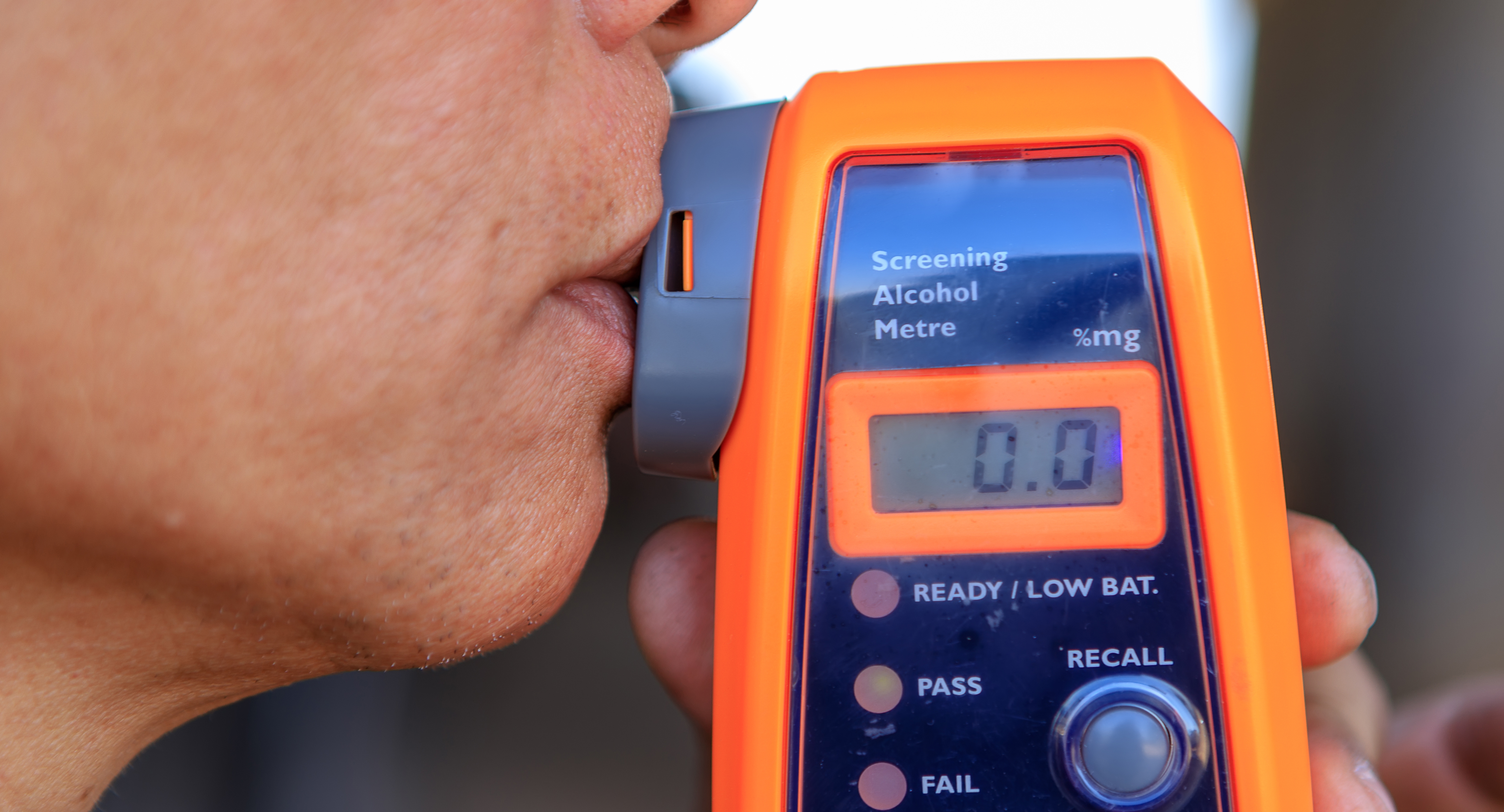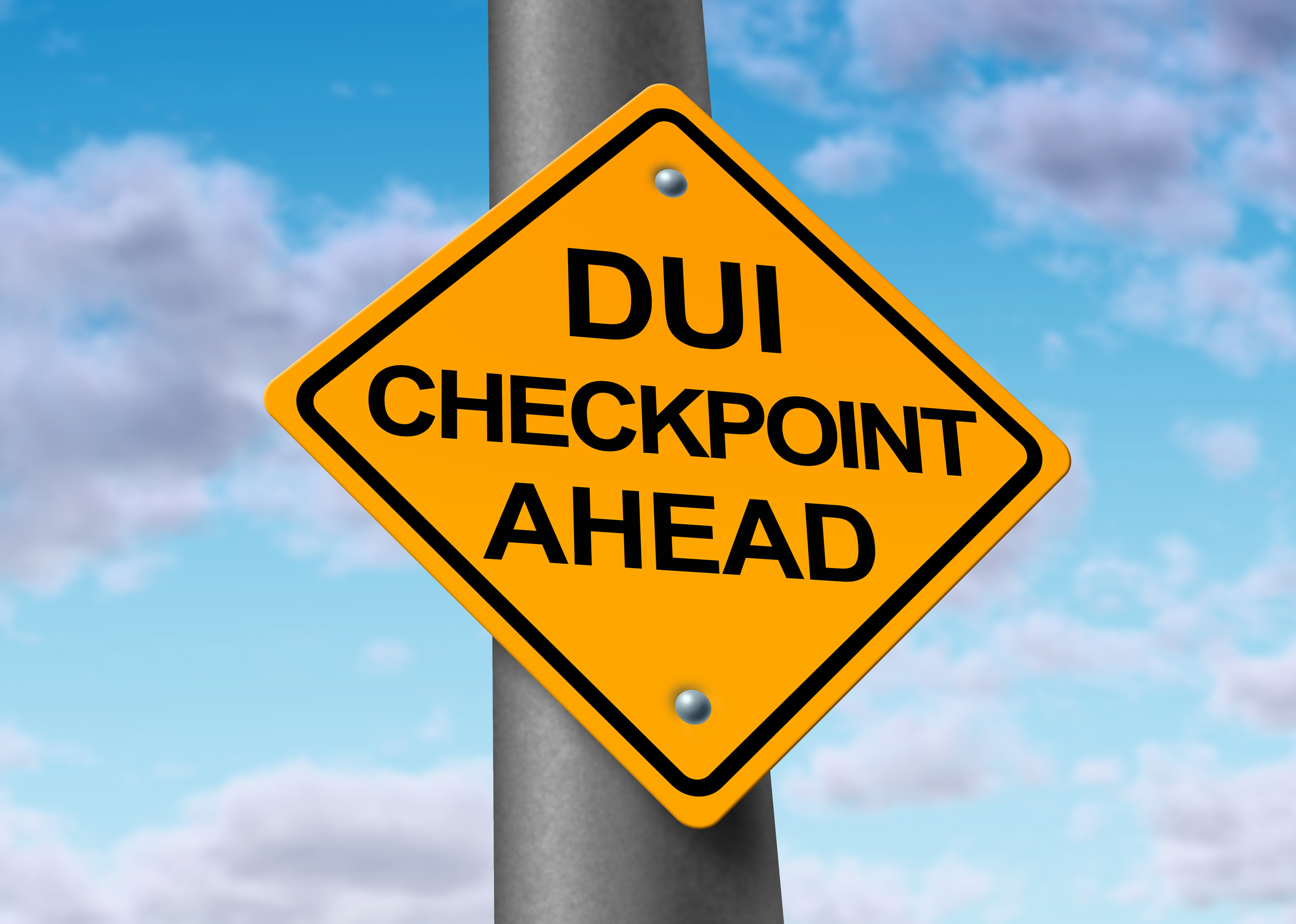- Once you’re arrested, booking is the next step, and it will take roughly 6-12 hours
- If you’re arrested in the Houston area, you will probably be transported to the Harris County Jail
- You should contact an attorney as soon as possible – they may be able to speed up the process
If someone you know has been arrested in Harris County, you may be wondering what comes next. Booking is the next step and during this time, your family member will be fingerprinted, photographed, and placed in a holding cell. Their clothes and belongings will be confiscated.
Eventually, they’ll appear before a judge or magistrate, who will review the charges and decide whether to set bail. The entire process generally takes between six to 12 hours, but could take a full day or more. Contact an attorney as soon as possible. An attorney may be able to expedite parts of the process and talk you through how to post bail.

Booking in Harris County
Processing, medical exams, and hearings are typically held at the Harris County Joint Processing Center (JPC), 700 N. San Jacinto in Houston. This is also where they will be released after posting bail.
During booking, detainees are allowed to make a limited number of phone calls. After that, the cost is a fixed rate of 2 cents per minute. However, they will have to place collect calls, and these can be an unfamiliar concept to many recipients. You will need to agree to accept the charges before your friend will be allowed to speak with you.
What Happens During Booking in Harris County?
The following may take place, depending on the reason for your arrest:
- Fingerprinting: Their fingerprints will be entered into an FBI database, which state, federal, and local authorities can access.
- Booking photograph (mugshot): Everyone has seen an example of an arrest mug shot. This photo gives police a record of your physical appearance and height. It will also include the time, date, and place. The photo may be used to establish your physical condition in the hours after your arrest.
- Search: Their belongings will be searched, and they may be strip searched. Though this may seem excessive, it’s legal. In 2012, the Supreme Court ruled that these searches are legitimate – even for a defendant pulled over for a random traffic violation and subsequently arrested for failing to pay an outstanding fine.
- Medical screenings: If you’re arrested for DWI or a drug offense, you’ll likely undergo a blood test. Other offenders may also be required to have blood tests (to detect sexually transmitted diseases) or X-rays (to detect possible injuries or tuberculosis). They may be required to provide a DNA sample.
- Questioning: Jail officials typically ask detainees about gang affiliations and other outside relationships. Depending on their answers, they may be placed in protective custody. However, we don’t recommend answering any police questions without an attorney present. These questions may be a rights violation.
- Warrant check: During the above processes, a booking officer will search to see if the detainee has any outstanding warrants or other pending charges, ranging from unpaid fines or parking tickets to a criminal charge in another state. If anything is found, bail may be denied.
During the booking process, an officer will record the following information:
- Name
- Address
- Contact information
- Any other relevant personal information
- All charges, plus any statutory citations
After this, they’ll typically be placed in a holding cell until their initial court appearance.
Michael & Associates is a criminal defense law firm that defends clients against DWI, assault, theft, drug possession, and all other criminal charges in the Houston area. Get a free case review today.
Booking Can Take Hours
Don’t expect your booking process to be fast.
Charlie Pelowski, one of our senior trial attorneys based in Houston, says the process will typically take between six and 12 hours. However, it can take longer, depending on the type of bond that’s set. Personal recognizance bond is typically faster because no one has to take the time to make arrangements with a bail bondsman.
“They’re usually out by the next day on PR bond,” he says.
Obtaining a bail bond can add some additional time while the funds are arranged. However, don’t expect your family member to be released immediately after posting a cash or surety bond.
“Once bond is posted, you’re on the jailers’ time,” says Chris Denuna, another of our firm’s Houston-based attorneys. This means that if you go to the JPC to post bail for someone, you’ll probably end up having to hang out and wait there.
The Harris County Jail is very crowded, and the amount of time you’ll have to wait will depend on what day of the week and time of the day.
Initial Court Appearance
The initial appearance before a judge or magistrate – when bail is set – is called “magistration.”
A judge will review the charges and decide whether to set bail, which type of bail, and how much that bail will be. For particularly serious cases or violent crimes, bail may be denied.
Even though Harris County has magistrates available 24/7, the wait to go before a magistrate is usually the reason the booking process is so long. This is where having an experienced attorney will be extremely helpful. Your lawyer may be able to help expedite the process.
What Should I Do If a Warrant Has Been Issued for my Arrest?
If there’s a warrant for your arrest, it means a judge has found that there’s probable cause to believe you’ve committed a crime. If you know that a warrant has been issued, having an experienced attorney is critical.
Your attorney can discuss your options, including whether you should voluntarily surrender. This may be quicker (and less public) than waiting for the police to show up at your home. Your lawyer may also be able to take steps to expedite the booking process.
The DA Will Review the Case Against You
Once bail has been posted, the Harris County District Attorney’s office will review the case against you. They will decide whether to file formal charges. If felony charges are involved, the case may be presented to a grand jury, which will decide whether there is enough evidence for an indictment.
If the DA decides to pursue the case, there will be several options. A lawyer will go over all of these. They can include:
- Pleading guilty or no contest
- Negotiating a plea deal
- Going to trial
All have different benefits and drawbacks, and if an overworked public defender pushes a deal that isn’t in someone’s best interest, the defendant could be saddled with a lifelong criminal record.
Your Arrest Will Probably be Public Information
If you’re arrested and booked, don’t expect it to remain a secret. The local media has access to many arrest records, and while a standard DWI probably won’t make the local news, the stakes are significantly higher if you’re a public official, teacher, coach, athlete, health care worker, or anyone else who works closely with the public or has a recognizable name.
Additionally, arrest information is obtainable through the Harris County District Clerk’s Office or via the county website at https://www.harriscountyso.org/JailInfo/FindSomeoneInJail?.
Several unofficial social media sites also provide information about arrests in Harris County, even if you were detained by a local municipality. These include:
More Houston Area Resources
How to find an inmate in Harris County




